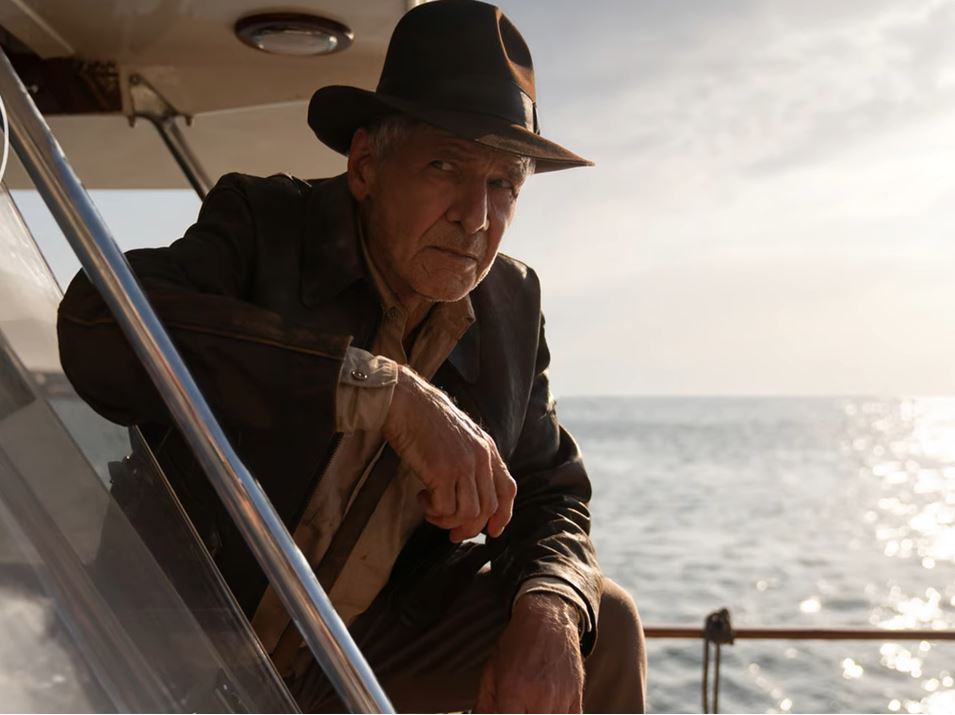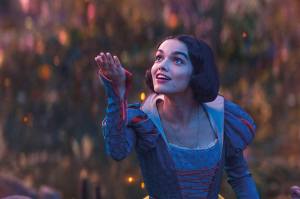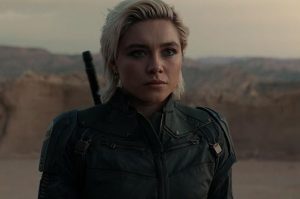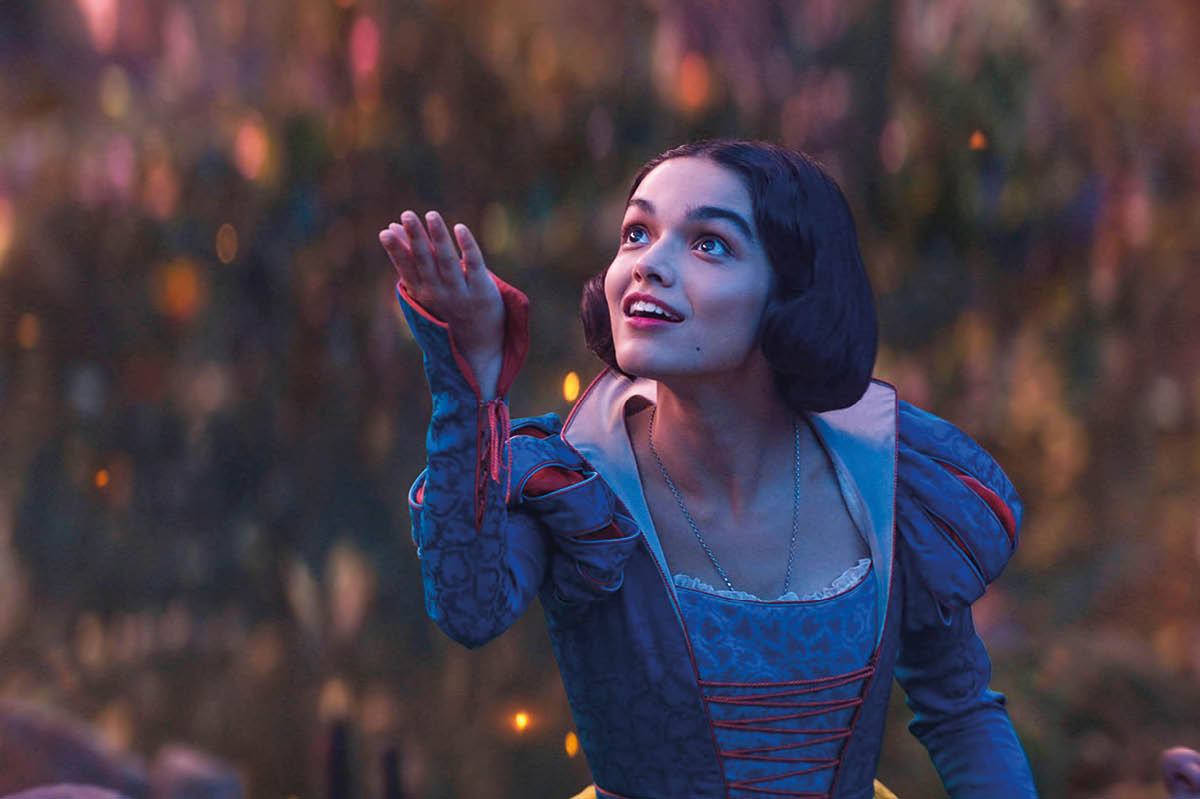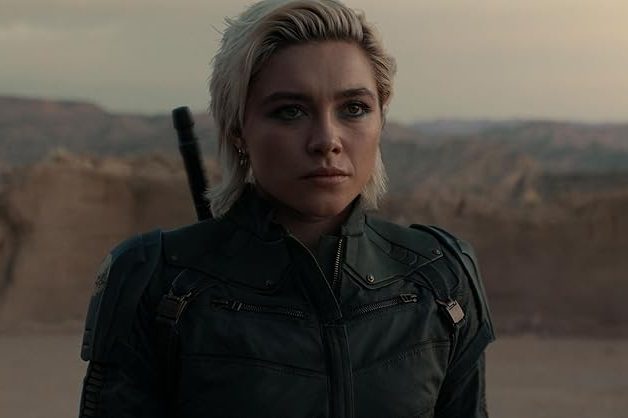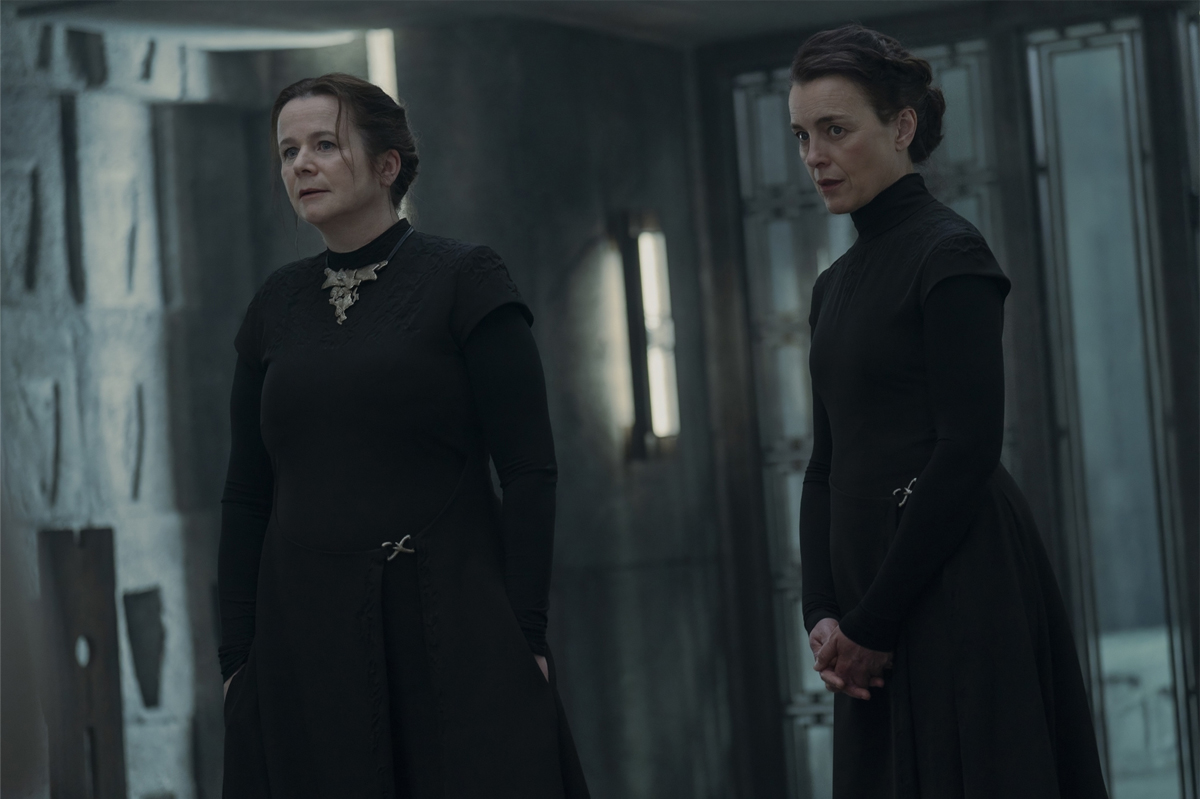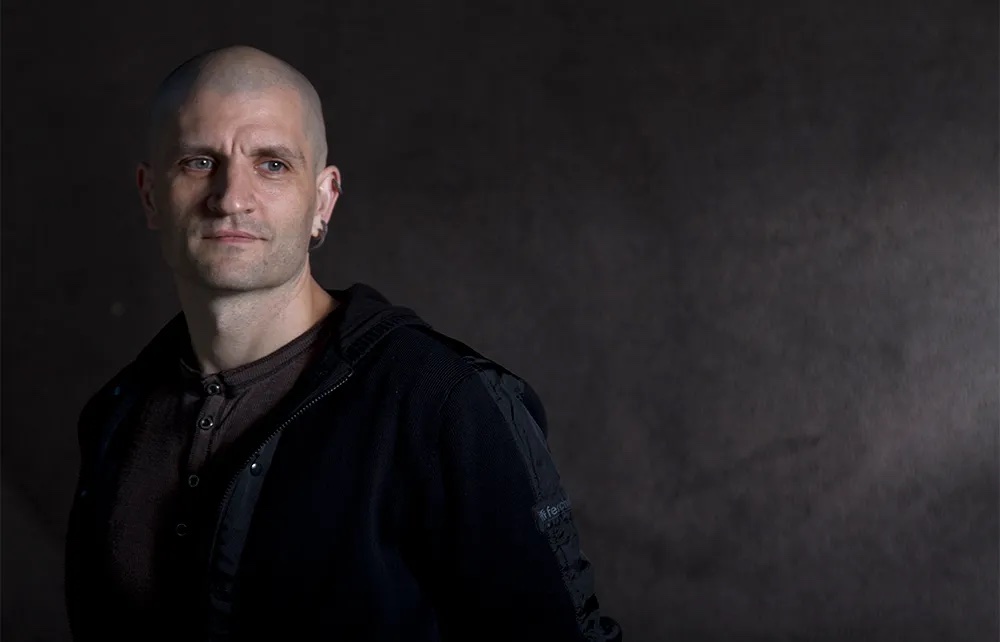This Thanksgiving weekend, in homes across the land, there is one guarantee: somewhere, someone will be watching one of the Indiana Jones films, and it’ll likely be the first or the third in the series.
Raiders of the Lost Ark and Indiana Jones and the Last Crusade are little less than perfect seasonal comfort food: witty, exciting, stuffed full of indelible characters and unforgettable set-piece action scenes. These films stand as those rare pictures that, however many times you watch them, continue to be fabulously entertaining. The others in the franchise — Temple of Doom and Kingdom of the Crystal Skull — are less effective, and the latter has become a byword for mediocrity. Yet all are, at their least, an entertaining enough way of passing a couple of hours, and, at their best, considerably more than that.
It should therefore be good news that a fifth Indiana Jones film — as yet untitled beyond Indiana Jones 5 — will be released next June, featuring the return of the now eighty-year-old Harrison Ford to his most iconic role (sorry, Star Wars and Regarding Henry fans). Previous director Steven Spielberg has handed over the reins to James Mangold, who knows a thing or two about action, as viewers of Logan and the superb 3:10 To Yuma can testify. The cast features an array of interesting actors, from Fleabag’s Phoebe Waller-Bridge in her first major Hollywood starring role as Jones’s goddaughter and sparring partner (and, thank God, not love interest) to the ever-dependable likes of Mads Mikkelsen as a Nazi-turned-NASA scientist. Its setting, around the space race of 1969, is intriguing, and the ever-welcome presence of John Williams, composing what he has said will be his final score, is a pleasing statement of continuity.
So why is it so hard to get excited about it? The answer, I fear, lies in the dreaded word “de-aging.” There has been a regrettable trend in Hollywood in recent years, pioneered by Marvel (naturally) and picked up by everyone from Martin Scorsese in The Irishman to Keanu Reeves and Alex Winter in Bill and Ted Face The Music, to attempt to make actors look younger via the medium of CGI. It’s a hugely expensive process, designed to replace embarrassingly amateur attempts at make-up. If it once seemed ridiculous to imagine Harrison Ford, well past retirement age, fighting villains forty or fifty years his junior, salvation is at hand. Put some green spots on his face (to be wiped out by computer later), make sensitive use of a stunt double, and you have removed the possibility of an actor’s obsolescence.
It’s a superficially appealing notion — if you’re a studio that exists largely to make money. Yet for those of us who treasure the idea that movies can say interesting and affecting things about aging, de-aging represents a refusal to come to terms with biological reality. It is not simply an actor’s face that ages; it is his body, voice and whole manner. The Irishman was rightly criticized for scenes in which a de-aged Robert de Niro is shown committing acts of violence with a recognizably older man’s movements and physicality. While nobody is expecting gritty realism from Indiana Jones 5, it is still a miserable cop-out to take refuge in the shiny digital representation of Ford as he looked decades ago.
It remains uncertain how much of the film will feature the technology. Mangold has indicated that it will be used in the prologue, but given that the film reportedly revolves around time travel, it would be a brave man or woman who didn’t bet against a scene featuring the older Indiana Jones encountering his younger self, no doubt with zany quips aplenty. Those of us with reasonably long memories recall that Indiana Jones and the Last Crusade did the same thing rather brilliantly, with Sean Connery in full professorial mode as Indiana’s father.
So while we can hold out hope that the latest film is, at least, engaging and escapist entertainment — Waller-Bridge fighting villains and quipping sardonically has to be worth anyone’s admission — it is hard not to feel that this particular adventure might be more of a nemesis to Dr. Jones than any number of diabolical Nazis or time-traveling character actors.



